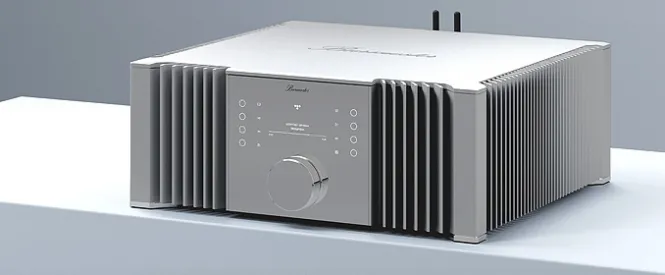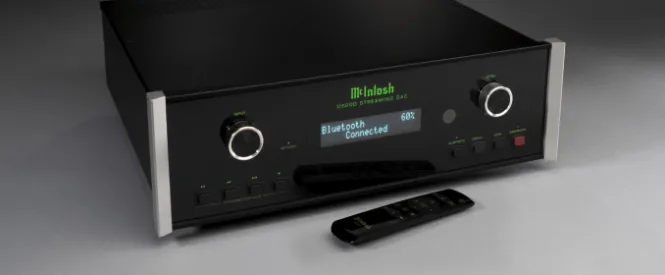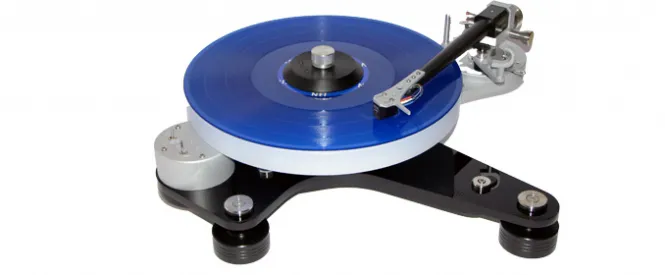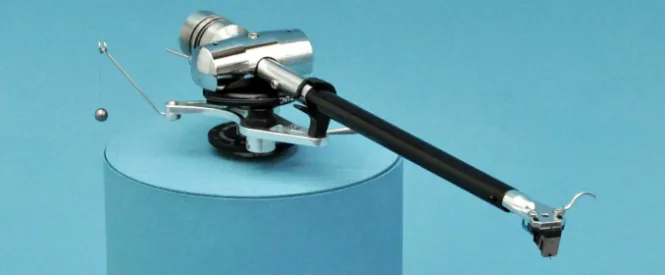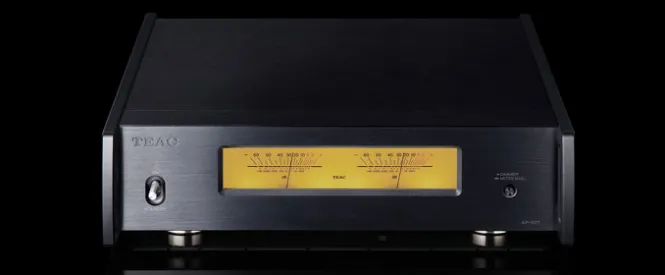Opinion: Is Home Streaming Killing Music?
David Price is worried that poor artist revenues from streaming could cause lasting damage to new music…
Times are changing in the music business, which is moving to streamed music at a dramatic pace. For example, in the United Kingdom, the industry's trade body, the British Phonographic Institute, says that streaming accounted for 80.6% of music consumption in 2020, while Compact Disc sales were down to 10.3%. 139 billion music streams were delivered, up from 114 billion the year previous. This looks set to continue, catalysed by the lockdowns which have kept many people at home. When the 2021 BPI figures land in January next year, there's likely to be an even more significant leap forward.
On the face of it, this is excellent news. What's not to like about an instant, near-universal music collection available at the swipe of a smartphone screen? There's no doubt that streaming offers huge advantages, and not just to the mass market. The hi-res offerings across the main providers like TIDAL and Qobuz, for example, confer real audiophile credibility upon the medium. The hardware is getting better, too, as electronics designers better understand the challenges involved in making streamers sound good. The audio quality available from Bluesound, Lumin, and dCS, to name just a few, is exceptional.
Yet still, I have concerns. Having reviewed practically every streamer of importance, from the original Logitech Squeezebox to the first dCS Vivaldi streaming DAC and a great number of others afterwards, I'm hardly a flat-earther. Indeed I was a very early champion of the concept, prompting Linn's Ivor Tiefenbrun to invite me to do the very first review of his company's first-ever network music player. As far back as 1999, I covered the rise of digital music distribution in forensic detail in Computer Audio World. This publication caused the science editor of the Daily Telegraph to offer me a position on his new venture, the Sunday Times' Doors magazine, writing about digital media. So I really am not a head-in-the-sand technology denier or a vinyl-obsessed digital refusenik!
Why do I have reservations? The move to streaming is transforming not just how music is distributed but also how the industry pays its recording artists. To me, this doesn't bode well for the future of recorded music. Over the past year, industry stalwarts from Chic's Nile Rodgers to ABBA's Bjorn Ulvaeus have been speaking up about the dire straits that many musicians find themselves in. The revenue allocations from streaming give many of them a meagre income.
Over the past year, the UK Parliament's House of Commons Digital, Media, Culture and Sport select committee has been investigating this precise point. Rodgers appealed to major record labels to give musicians fair remuneration and be more transparent about streaming incomes. He said the labels aren't doing enough to give musicians, songwriters and artists a realistic revenue share. He wasn't against streaming per se, calling it "an effective and wonderful way" to distribute music. Instead, he was opposed to the way it was being done, saying it gives too much power to the labels. He said:
When you see the disparity it's just absolutely ridiculous, and the thing that they know is that it's going to get even greater. And once it reaches those numbers, they'll have so much power that we can't fix it.
He pointed out that non-disclosure agreements mean artists can't accurately say how much they get for each stream. Electronic music pioneer Gary Numan testified that:
I printed out my streaming statement… It was hundreds of pages… and the end of it was £112. It was barely worth the paper it was printed on, and it took nearly half an hour to print. One of my songs had had over a million plays, and I got £37. [Streaming platforms] are getting it for nothing.
To add insult to injury, there's a problem with misallocated royalties. Björn Ulvaeus says that often streaming services don't know who to pay, thanks to missing or incorrectly attributed rights information. He's launching a new scheme called Credits Due to ensure that songwriters and musicians are correctly identified when a song is recorded. Around half a billion pounds is thought to be going to the wrong people annually, or not getting paid at all. He says:
We want to get back to that experience we had when we opened a double-sleeved LP and listened to the songs while reading the liner notes. I think that's a valuable experience that young listeners today are missing.
I worry that with poor revenues from streaming, how can future generations of musicians thrive? So many of the great artists of the past fifty years came from a model where the music industry nurtured raw talent and advanced them money from potentially lucrative future music sales. Many bands would go nowhere, losing significant amounts of money for record companies, but some artists delivered massive returns on their investments. They were prepared to finance great projects; if they had a hunch they'd pay off.
Several years back, I interviewed Heaven 17's Glenn Gregory and remember himtelling me how his second album, The Luxury Gap, was recorded in 1982…
It cost £1.1 million in today's terms. We were highly motivated. We weren't lounging around with a bunch of prostitutes. We were at AIR Studios in Oxford Circus, and had to order in extra air conditioning to keep the machines cool, because we'd got so many tape machines in the room. We were running three 24 tracks in sync, plus a couple of half inch machines, plus quarter inch machines with multiple loops going round the outside of the studio, choral loops which we mixed down to 128 tracks. It was technological insanity; we had towers of outboard gear, going up to the ceiling. We had every Dolby SR unit in London. It was a different world to now!
Indeed it was! I am seriously concerned that this brave new world of streamed media, despite all its obvious benefits, leaves artists out of pocket – and doesn't create the conditions for new talent to flourish. We don't necessarily need to go back to the excesses of the nineteen-eighties, but the music industry must keep investing in new talent and remunerating existing artists fairly.
David Price
David started his career in 1993 writing for Hi-Fi World and went on to edit the magazine for nearly a decade. He was then made Editor of Hi-Fi Choice and continued to freelance for it and Hi-Fi News until becoming StereoNET’s Editor-in-Chief.
JOIN IN THE DISCUSSION
Want to share your opinion or get advice from other enthusiasts? Then head into the Message
Forums where thousands of other enthusiasts are communicating on a daily basis.
CLICK HERE FOR FREE MEMBERSHIP
Trending
applause awards
Each time StereoNET reviews a product, it is considered for an Applause Award. Winning one marks it out as a design of great quality and distinction – a special product in its class, on the grounds of either performance, value for money, or usually both.
Applause Awards are personally issued by StereoNET’s global Editor-in-Chief, David Price – who has over three decades of experience reviewing hi-fi products at the highest level – after consulting with our senior editorial team. They are not automatically given with all reviews, nor can manufacturers purchase them.
The StereoNET editorial team includes some of the world’s most experienced and respected hi-fi journalists with a vast wealth of knowledge. Some have edited popular English language hi-fi magazines, and others have been senior contributors to famous audio journals stretching back to the late 1970s. And we also employ professional IT and home theatre specialists who work at the cutting edge of today’s technology.
We believe that no other online hi-fi and home cinema resource offers such expert knowledge, so when StereoNET gives an Applause Award, it is a trustworthy hallmark of quality. Receiving such an award is the prerequisite to becoming eligible for our annual Product of the Year awards, awarded only to the finest designs in their respective categories. Buyers of hi-fi, home cinema, and headphones can be sure that a StereoNET Applause Award winner is worthy of your most serious attention.

